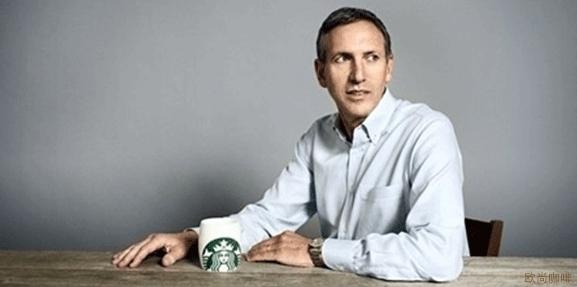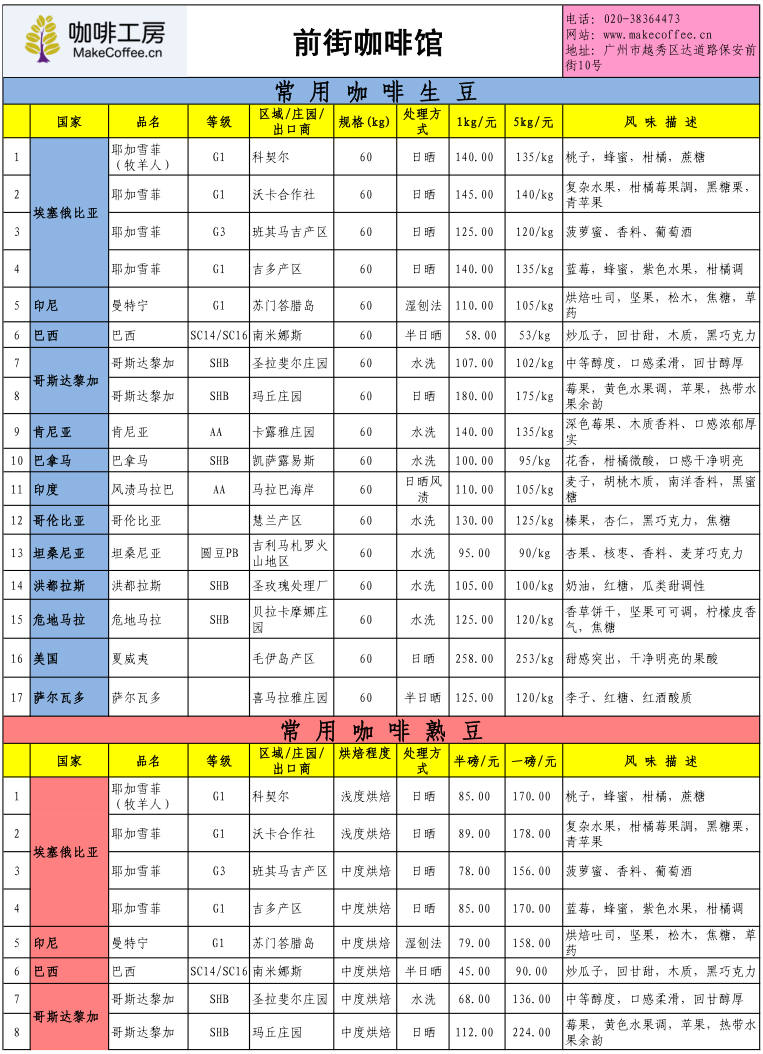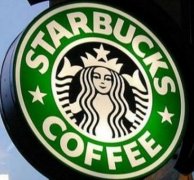How does Starbucks sell coffee in the hometown of tea culture?
A topic that has been entangled for a long time in the tea industry: why can't China's 70,000 tea companies sell more than a British Lipton? Different factors are mixed together and cannot be compared with each other at all. It can only be said that we can learn from their marketing model and take their strengths to avoid their weaknesses. For China, which is pregnant with a strong tea culture, why can a Starbucks sell coffee so well? So does Chinese tea let outsiders dominate the limelight? Maybe we can listen to what the founder of Starbucks has to say.

Q: China is the hometown of tea culture and there is no tradition of drinking coffee. What do you think of the future of Starbucks and coffee culture in China?
Howard Schultz: since we entered China in 1999, if we have the secret of success, then I think Starbucks can truly build an emotional connection with its customers. Five years ago, most of our customers in China were made up of foreigners or travelers. But now the situation is just the opposite. it is Chinese customers who come in and out of our store every day. I know that many years ago, in China or other Asian countries, people would never eat on the road because it would make them feel ashamed. But today, people holding Starbucks coffee while walking on the road has become a symbol. Our challenge is to ensure that we are recognized and respected by our customers as we continue to grow. Although 2.4 million customers visit our stores in China every week, and our brand has been supported by customers for the past 15 years, we still have to be humble about it.
Q: as an iconic international brand, how do you deal with the fierce competition from home and overseas in China?
A: first of all, I think the Chinese market is very large. With the continuous expansion of Starbucks in China, to some extent, we are creating more opportunities for future development. In fact, our focus is not on competition, but on our customers and our partners. We firmly believe that as long as we can take good care of our customers and partners, we can continue to succeed. Success does not depend on how many stores we have opened, but on whether we can win the hearts and recognition of our customers.
Q: what does Starbucks think of the market opportunities in those emerging fourth-and fifth-tier cities?
A: we are very excited about the potential opportunities of China's fourth-and fifth-tier emerging cities. At present, Starbucks stores are still mainly located in big cities such as Beijing, Shanghai and Guangzhou, as well as major provincial capitals. Of course, the most important thing is that we will constantly listen to the voices and needs of our customers to choose to enter the new market at the right time.
Q: some senior executives of multinational companies complain privately or publicly that the Chinese market is more complex and challenging than it was 10 or 20 years ago. Do you feel the same way?
A: we respect China's economic and policy environment. The number of stores we now have in China, including the number of customers we serve, is also at an all-time high. By the end of 2014, China will be Starbucks' largest market outside the United States, and by the end of 2015, we will have more than 1500 stores in China. More importantly, with Starbucks' leading position in the Chinese market, we are able to take full advantage of our unique platform of more than 1200 stores and 20, 000 outstanding partners to inspire and nurture the spirit of humanity and support our community with practical actions. In the past three years alone, we have created 14000 new jobs in China, and we will create another 10, 000 new jobs by the end of 2015. I believe that now we have more opportunities and more room for development.
Q: what do you think are the reasons for Starbucks' success in China related to the adjustment of its business model or strategy?
A: I believe that Chinese customers want a pure Starbucks experience, but at the same time they need to be close to and integrate local culture. We have set up an R & D center in Shanghai to develop products that meet local needs, such as Starbucks Ruyi Peach Blossom Black Tea latte and Fuman Chestnut Macchiato. But for us, localization is not just about research and development. In every store, we communicate with our customers through each person, every cup and every day in order to meet or even exceed our customers' localized needs.
At the same time, Starbucks also has unique social media tools to cope with dramatic changes in consumer behavior. Our goal is to seamlessly integrate the in-store experience with "fourth Space". China has the largest number of smartphone users in the world, with more than 700 million active smartphone users by the end of 2013. Starbucks has many unique tools in the digital field, including mobile applications, social media interactions and rewards, which greatly complement our traditional marketing methods.
Q: what are the biggest challenges that may constrain revenue and profits in the Chinese market in the next five years?
A: the costs of our operations, such as distribution, materials and commodities, always affect the overall growth of our business. However, we understand that our customers have high expectations of us, and we must work hard day after day to win their trust and loyalty. In the next five years or more, while developing our business, we will continue to focus on providing the highest quality Starbucks experience and retain the love that Chinese customers have loved us for 15 years.
Q: do you have any personal role models or idols for success?
A: I've always been very fond of American baseball. My sports idols include New York Yankees legend Mickey Mantle, Los Angeles Dodgers' Sandy Cofass and now New York Yankees hero Derek Jeter. In business, I admire Warren Bennis, the director of the art of leadership and founder of organizational development theory.
Important Notice :
前街咖啡 FrontStreet Coffee has moved to new addredd:
FrontStreet Coffee Address: 315,Donghua East Road,GuangZhou
Tel:020 38364473
- Prev

Price list of fine coffee beans in the coffee workshop in the second week of September 2015
The following is the latest coffee bean quotation from the coffee workshop. If you have different kinds of coffee beans and the needs of the baking process, please contact us. Contact: 020-38364473 WeChat account: thinkingcapacity
- Next

Foodie is a must! Starbucks order coffee strategy!
Starbucks coffee Menu Espresso traditions: classic coffee Caramel Macchiato: caramel macchiato Vanilla Latte: vanilla latte Caffe Latte: latte Cappuccino: cappuccino Caffe Mocha: mocha Caffe Americano: American coffee Starbucks on ice: ice drink series Iced Caramel Macchiato: ice coke
Related
- What documents do you need to go through to open a coffee shop? coffee shop coffee shop certificate processing process
- How to purchase Coffee beans in small Cafe how to choose a suitable supplier for domestic Coffee supply Company
- How to drink Starbucks Fragrance White Coffee? how to make Australian White Coffee? what Italian coffee beans are recommended?
- The Story of Flora Coffee: the name of Flora Coffee Bean and the implication of the Flowers on Florna Coffee
- How much does a cup of coffee cost? How much is the profit of a cup of coffee? What is the profit of the coffee shop in a year?
- Yunnan small Coffee, known as "fragrant Coffee", introduces the characteristics of Alpine Arabica Coffee producing areas in Yunnan, China
- 2023 latest Starbucks full menu price list how much is a cup of Starbucks coffee what is better to drink the most popular hot and cold drinks recommended
- Starbucks different kinds of Coffee Price list Starbucks menu 2023 Top Ten Best drinks in Starbucks
- Starbucks Spring praise Comprehensive matching Coffee Bean theme Story Packaging implication and taste description
- The cost of a cup of coffee latte American coffee cost price and selling price

